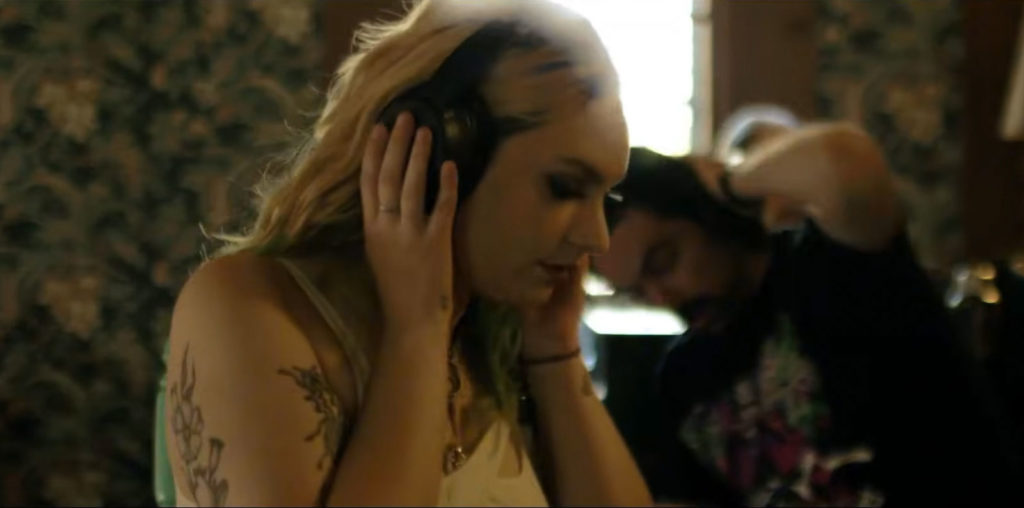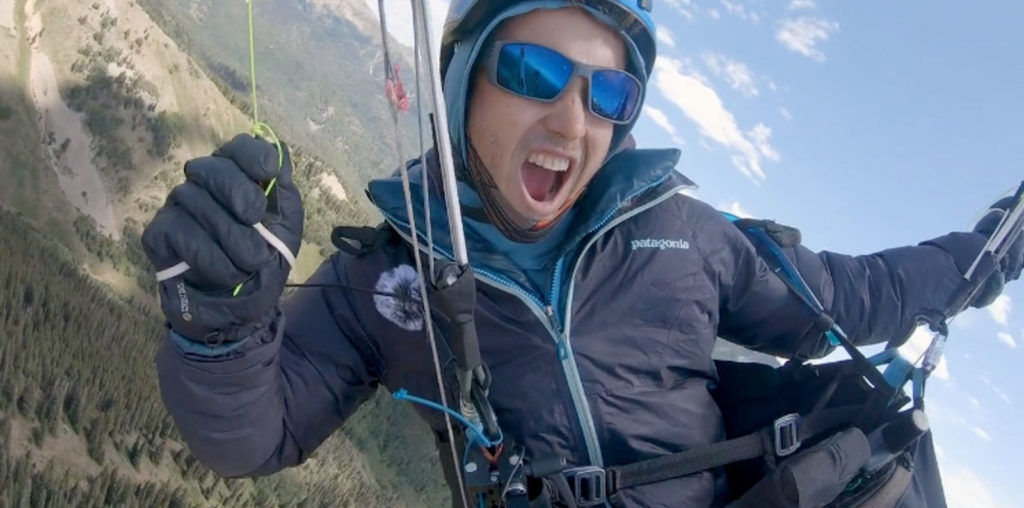
You have been starring in films for over a decade now and people have always embraced you and your films with open arms. At what point in your own life did you really first start to appreciate the magic of the movies, and who inspired you to become a movie star? ^ From the first movie I saw in the theater, which was “The Computer Who Wore Tennis Shoes” with Kurt Russell. I had seen movies before that, though. Ever since I was a kid I have loved Jimmy Stewart movies. I loved Jimmy Stewart movies from the word go. Movies are just this amazing place to escape and you know if anybody needs escape it’s people hanging out up in the cold!
Before you were making audiences sides hurt with laughter with your performances in “Ace Ventura,” “The Mask” and “Liar, Liar,” you were getting in trouble for making classrooms laugh during your days as a student. How old were you exactly when you were in a movie theater watching a movie and you said to yourself:’I want to be up there?’ ^ Probably eight years-old. It probably happened before that though because I was doing shows since age five. I didn’t know where it was going to go or necessarily that it would manifest it in the movies. I just knew that I needed a lot of attention from a lot of people and I needed to prove to the world that I was magic. That was the underlying factor in everything. It’s the underlying reason why I do this.
Speaking of magic, The Majestic focuses a lot on the draw movies have had on people ever since they were created. Today though people don’t really think about movies as an experience, but more as a business. Do you hope The Majestic will instill people’s love of the movies? ^ Yeah, I think it does. It’s really a sweet kind of tribute to the movies and their effect. It’s also so important to have heroes, even if they are not real, you know? So much of what we’ve done in the last ten years is to kind of turn over everything and see the seething underbelly of whatever and whoever, but the fact is if you do that you’ll be left with nothing to look up to and we NEED to believe that these heroes exist.
You mentioned earlier that you have always been a fan of Jimmy Stewart. The good news is that with The Majestic you got a role that says Jimmy Stewart of our time. The bad news is that you’ve got to deliver. Did you feel the pressure? ^ I don’t work on that level. I don’t try to compare myself to other people. Jimmy Stewart is an unreachable star to me. He was his thing and no one can ever be that again. I’m lucky to be in the same town and working in the same business that he was. I don’t try to concentrate on that. I just try to make it as real and as interesting as possible when I’m doing it. Then when they say cut I sit around and beg for compliments.
The scene at the end of The Majestic when your character stands up for himself is very “Mr. Smith Goes To Washington.” Were you directly inspired by that film when shooting that scene? ^ Well, I was a big fan of those movies. I sat and wailed by myself, you know, ‘go man!’ It’s great. You can’t get around that; it’s fantastic Yes, the scene in The Majestic is definitely similar. It’s definitely that kind of feel where the person stands up to the tyrant. I think it worked out okay.
It did work and on a number of different levels. What do you think about the resonance this film will have with audiences? ^ I think it’s a breath of fresh air at this point. It’s a strange thing because the last time I sat and watched it with an audience I worried about the pacing of it. It is a quiet film at times. But then there was this feeling that sits with you after the experience and it is kind of a relief. You go, ‘oh thank you for not bashing my brains in for two hours. Thank you for showing me humanity in a simpler way.’ It’s simple and yet the writing is very complex. It’s a beautifully written piece. I don’t know if I answered your question. The climate now, I think it’s cathartic for people. It’s weird the way it’s working out. I think it would have been anyway but especially now because people are looking for what makes a hero. How can they be a hero? This is about the effect we have on each other and about respect for sacrifice. We need a lot more of that. Before September 11 we had become a society that gobbles up anything in it’s path and is still waiting for what else it can have. I think people have laid back since that and thought, ‘my life is pretty good. I’m pretty happy. I got all my people. All my friends and family and I’d better appreciate it.’
Obviously right now films that are being released and deal with American history and war are walking on thin ice, so to speak, as to try and not upset anyone. The Majestic, although it doesn’t deal with terrorists or bombs, deals with another sensitive period in American history — HUAC and communism in general. How do you think audiences will respond to The Majestic, given its subject matter and timing? ^ It’s not a propaganda film; I hope people don’t start thinking of it that way and it certainly wasn’t meant to be that. It’s basically respect for sacrifice and that is something that is very prevalent right now. People HAVE that again. They lost it — you know we lost it. I think if we don’t have a common enemy somehow in this country we start eating ourselves alive. We start attacking ourselves and, it’s a weird thing with these disasters that happened, they actually bring us out of ourselves and give us something to band together about.
Get the rest of the interview in part three of JIM CARREY GETS SERIOUS>>>


[…] told Film Threat that one of his earliest big screen idols from childhood cinema trips remained a key figure in his […]
[…] told Film Threat that one of his earliest big screen idols from childhood cinema trips remained a key figure in his […]